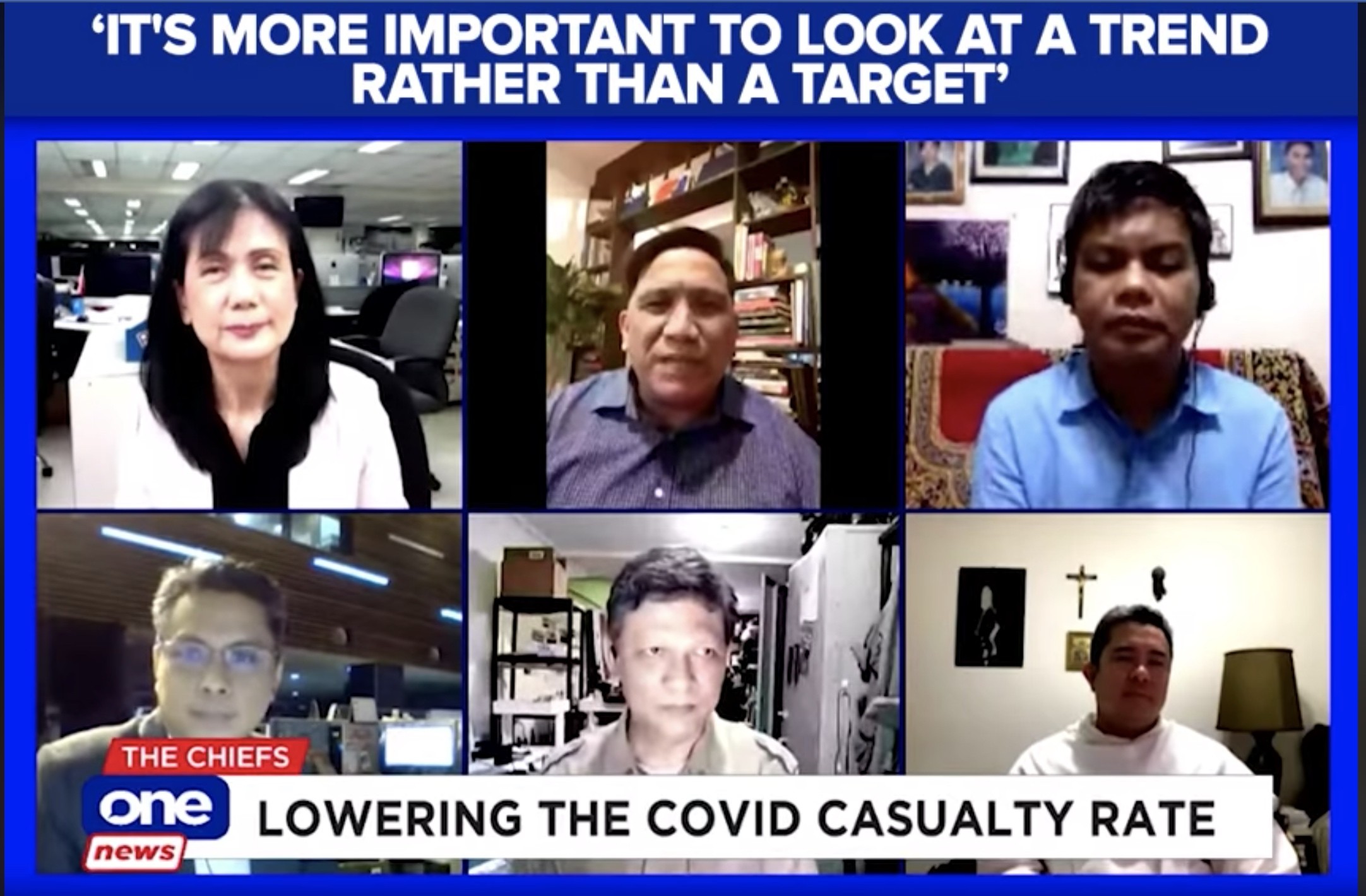
Like other sectors, journalists have been forced to adjust to the health protocols for containing the coronavirus disease 2019 (COVID-19) pandemic.
Journalism itself remains unchanged: as best as we can, we must deliver fresh news while adhering to the ethics of the profession — accuracy, fairness, with information presented in the proper context. When we err, we make the necessary correction and apologize if the situation calls for it.
The pandemic has put constraints on the mobility needed for news coverage, but we have learned to adjust to the demands of the public health crisis.
Reporters can conduct interviews from home by phone or online, or watch press briefings on TV or through live streaming. But for covering unfolding events, their physical presence is required. Obviously, this is true particularly for photojournalists. They have been given priority in getting tested for COVID-19. Fortunately, no Philippine STAR photographer has tested positive.
“ Financial considerations can compromise the independence of mass media. This is a concern for press freedom watchdogs as the COVID-19 pandemic rages with no vaccine or cure in sight. ”
It is said that journalism is history written in a rush. The time element is critical; with deadlines to meet and stories needing to be put together, edited, laid out and checked again as swiftly as possible, working from home is not feasible for most members of the central news desk. But The STAR has cut editors’ workweek from six days to five amid the pandemic. Editors of non-news sections with comorbidities have been allowed to work completely from home.
Shuttles are provided for those who used to commute. Some employees, such as the janitor assigned to our floor, have made the office their temporary home.
Like many other sectors, print and other forms of mass media have suffered economic devastation from the pandemic. At the height of the enhanced community quarantine in Metro Manila and the rest of Luzon, a press freedom advocate estimated that about half of the member media organizations of the Philippine Press Institute, mostly based in the provinces, had been forced to fold up because of the absence of advertising to sustain their operations and a drop in circulation due to lockdown restrictions.
With quarantines still in place and the economy contracting, more media outfits could go the same way. Whether they can ever resume operations is uncertain.
“ There is less laughter in the newsroom. I miss the presence of colleagues. ”
Financial considerations can compromise the independence of mass media. This is a concern for press freedom watchdogs as the COVID-19 pandemic rages with no vaccine or cure in sight.
At the start of the quarantine, some gated subdivisions and condominium buildings initially refused to let in newspaper deliveries. After consultations with homeowners’ groups, such restrictions have been lifted. The cancellation of flights also disrupted newspaper distribution nationwide. Fortunately, we have the capability to print through the facilities of The Freeman in Cebu City, from where the STAR can be distributed to the rest of the Visayas and in Mindanao.
In our newsroom and production area, desks are being rearranged for physical distancing. The office is implementing the health protocols set by the government, including thermal scans and a footbath at the entrance, and the mandatory wearing of face masks.
There is less laughter in the newsroom. I miss the presence of colleagues. Aside from being mindful of our own health, we worry about those infected or are under monitoring for possible infection.
With the economy gradually reopening, however, we are seeing glimmers of recovery for media outlets.
The pandemic is teaching us the value of face-to-face human interaction. It’s like air: We take it for granted, but its absence is not only missed but also poses an existential threat.
Like everyone else, we can’t wait for this crisis to be over.
Screengrab courtesy of OneNews
Edited by Tanya T. Lara


